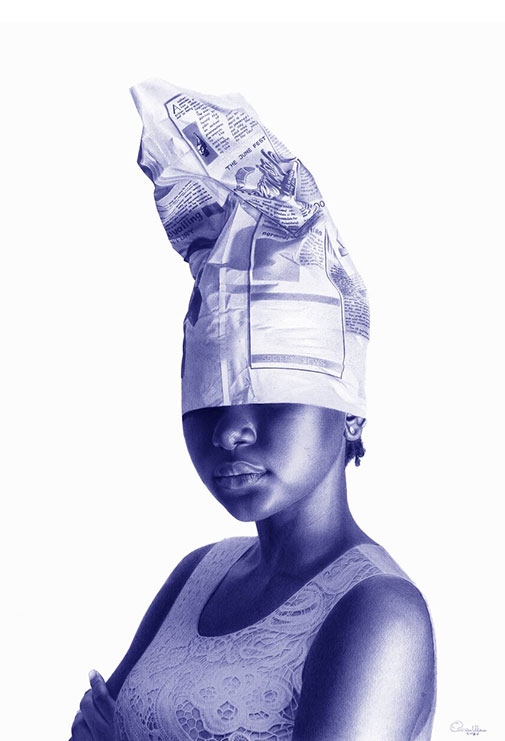- Vol. 08
- Chapter 02

How to Use a Newspaper
We line our composting bins with newsprint
to ease the dumping of grounds and eggshells.
We give the headlines a cursory glance, read
a few lines of this and that to confirm the online reports.
Some still line their parakeet cages with the front page,
kick back at breakfast to peruse the results of last night’s game.
Nothing’s better than newsprint to start a campfire.
A rolled newspaper still disciplines a wayward pup or swats a fly.
In a recent Korean movie, while under zombie attack,
passengers paste panels of political screeds, foreign reports,
stock market data, help wanted ads on glass doors to blind
the monsters, shields of inky words, to the brainless on one side,
the sharp-witted bricoleurs on the other.
Newspapers give way to tweets, sound bites, online news
algorithmically picked and posted to feed us our biases.
fragmenting into opinion pieces, blogs, a barrage of facts, and fancy.
Information turns entertainment, gets lost in echo chambers,
twists into dark web conspiracies to rival a Stephen King horror novel.
Chucked out with yesterday’s fish bones, the newspaper
no longer spans coasts or cultures, no longer fosters community.
Like the town crier of old, print the daily news slips into archives,
passes into the quaint and curious while we fall into subdivisions.
Outstripped by a cacophony of disjointed bits and dross,
all the news that’s fit to print is cut and mixed like cocaine
with baking soda, facts diluted, full of fillers and coupons.
We no longer wrap our minds around the world of events.
How to Use a Newspaper
Instead, we fold our newspapers into paper boats, practice origami,
or rip strips of confetti for next year’s parade.
Our minds wrapped in pixels, we no longer see. Like those zombies,
we stare at a scrim of zeros and ones, ink running like tears,
and see only what we are allowed to see.
